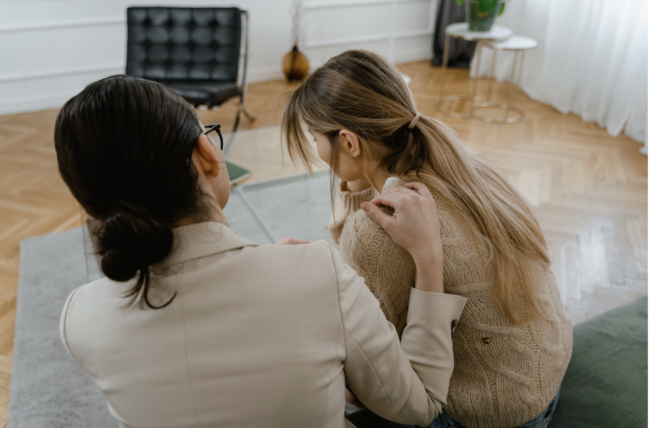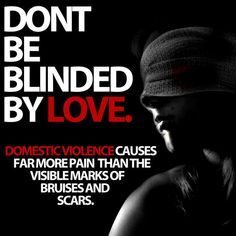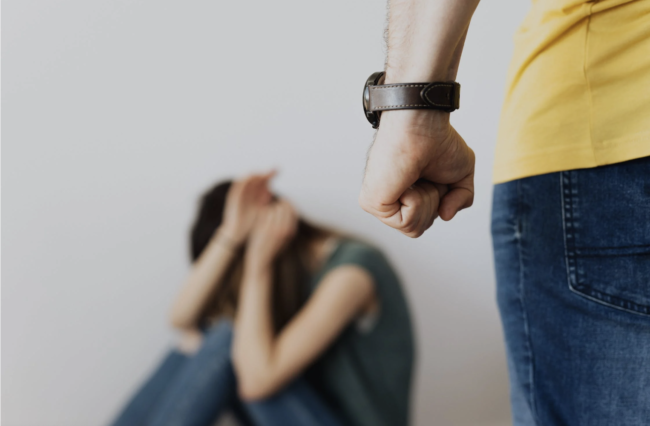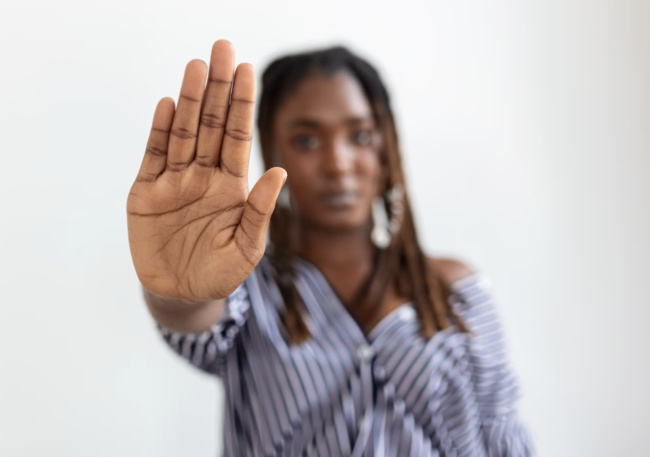GUEST POST BY MARY LOU MACKIN
Twenty-two years ago, I stood before a judge in a courtroom full of strangers trembling and bewildered, to petition for a restraining order from my abusive husband. I was the mother of a one-year old son, and I was terrified for his future more than my own.
I felt the sudden presence of someone by my side, gently touching my arm, quietly introducing herself as a volunteer court advocate. That simple gesture which meant everything to me at a time when I was feeling alone and vulnerable inspired a personal mission to find my way to similar work.
In 2013, I enrolled in a domestic violence advocacy volunteer training course offered by an organization in my community that has become a national model for empowering survivors. Once or twice a month, I spend a half-day in our local court offering support for individuals seeking protection. It is both gratifying and heart-breaking work.
I write this blog NOT as an expert in Domestic Violence (There are many professionals in this field far more knowledgeable than me.), but from the perspective of a survivor and a volunteer. If this subject calls to you, I encourage you to learn more.
How to Recognize Domestic Violence and What to Do About It
It’s a safe bet that most readers of this blog know someone who exhibits warning signs of an abusive relationship with a partner. Common signs include:
-
Jealousy, control, possessiveness
-
Unexplained isolation from friends and family
-
Anxiety around partner’s anger or “walking on eggshells” in their presence
-
Excuses for partner’s unusual behavior
-
Unexplained injuries or bruising
-
Cyber-stalking via phone, email, or text




 Mary Lou Mackin is a former elementary school teacher and educational publishing professional. Recently retired from publishing, Mary Lou is pursuing a freelance editing business as well as a variety of volunteer activities for her local library, food pantry, and a domestic violence organization. She is also active in her local chapter of Indivisible RISE, dedicated to preserving our democracy. Mary Lou resides in Amesbury MA and enjoys a vacation home in mid-coast Maine. She is married, has one son, and one very cute but naughty dog.
Mary Lou Mackin is a former elementary school teacher and educational publishing professional. Recently retired from publishing, Mary Lou is pursuing a freelance editing business as well as a variety of volunteer activities for her local library, food pantry, and a domestic violence organization. She is also active in her local chapter of Indivisible RISE, dedicated to preserving our democracy. Mary Lou resides in Amesbury MA and enjoys a vacation home in mid-coast Maine. She is married, has one son, and one very cute but naughty dog.